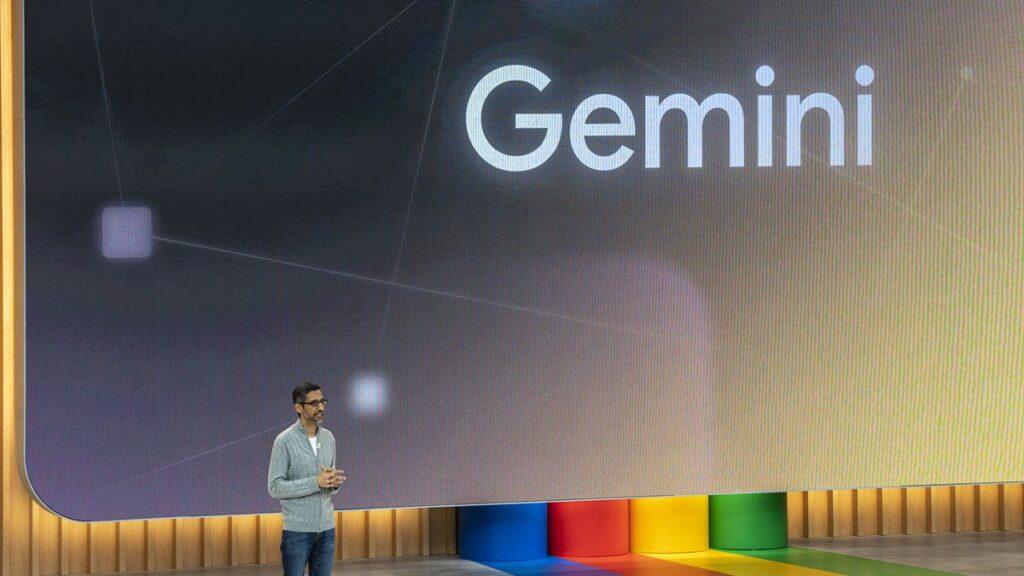Google’s Gemini Live AI assistant could soon make a big jump to Windows taskbars, according to a Chromium patch spotted by latest windows. Although access to Gemini is already available through Chrome’s address bar, the Chromium patch hints at plans to integrate this AI feature into Chrome for Windows 11, Windows 10, and potentially other platforms. If this happens, Gemini Live could become a key part of your browsing experience.
Gemini Live is designed for natural, human conversations while helping users ChatGPT style. You can chat in real time with AI and get responses that take into account context and tone of voice. It’s a feature limited to the Gemini app for Android and iOS devices for now, but Google’s plans clearly involve making it much more available.
The patch to the Chromium codebase that raises the possibility is labeled “floating disconnection on Windows.” It’s connected to what Google calls GLIC, which appears to be an abbreviation for Gemini Live in Chrome. Basically, Google is developing a floating panel to host Gemini Live in your browser. Chrome could be used for Gemini Live, which is what Microsoft Edge was used for Copilot. Microsoft’s Copilot started out as a sidebar feature in Edge before becoming a standalone app.
References to a floating panel suggest that Gemini Live might not be linked to the browser window. Instead, it could be a standalone assistant, accessible from the taskbar, always ready to help. The Chromium patch hints that Google has resolved some of the technical issues related to the floating window, allowing Gemini Live to appear as its own interface, separate from Chrome itself.
floating Gemini
When the feature launches, you can simply click a taskbar icon to invoke Gemini Live, which could float unobtrusively while you compose an email or do online research. Unlike Copilot, which seemed clunky at times, Gemini Live was able to offer a more fluid and conversational experience. And because it’s Google, you can expect tight integration with its ecosystem, from Gmail to Android devices.
Gemini Live would be ever-present, a permanent fixture of both the online browsing and desktop experience. Of course, that assumes that any of the issues related to the feature are fixed beforehand. Chrome is already a resource-intensive browser, and adding AI features can raise performance concerns, not to mention privacy concerns. Still, as Google tries to universalize the use of Gemini, this will be a key step in beating Microsoft and other AI rivals.




